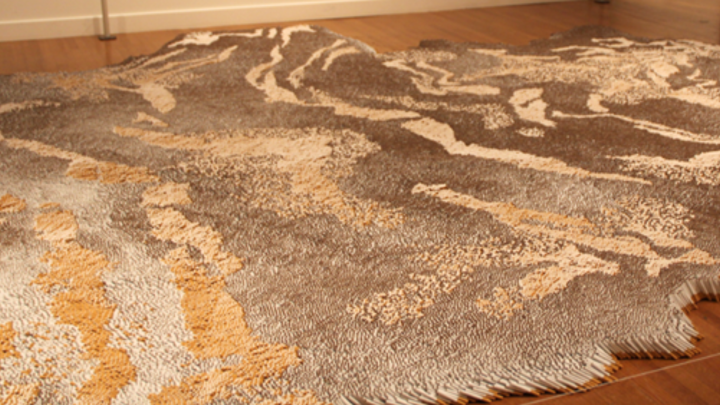Artistic Practice as a Project of Decolonization: Archivation, Epidermization, Mobilization, Transposition

The affective impact of images has always fascinated me. Images can be enchanting, comforting, pacifying, entertaining, repulsive, offensive, and unpalatable. Simultaneously, they play a role in the ‘taming’ process within our habitual domains, drawing boundaries that solidify a structure of coloniality. By ‘coloniality,’ I refer not to historical domination by foreign powers, but to the present-day unequal power dynamics upheld by local authorities and social elites. Coloniality constitutes a matrix of power that relegates certain groups to the periphery, denying them equitable access to social arenas and resources. It also fosters conspicuous disparities and precarities. Colonial power relations are a tapestry of mindsets upheld and perpetuated by linguistic, semiotic, pictorial, institutional, educational, ideological, and legal systems. These are so pervasive that they infiltrate every facet of our daily lives, becoming subconscious. Our vision and actions are guided by an unseen boundary demarcating these inequitable power relations.
In my talk, I shall pose several questions: Can artistic practice serve as a project of decolonization without falling into the trap of political propaganda? How can artwork propose critical thinking without being a doctrinal statement? How can artistic images move people so the viewers can feel the power of dislocation and re-adjust their subjective position? I will select contemporary artists from China and Taiwan and discuss how their artworks, through archiving, epidermization, mobilization, and transposition techniques, challenge and deconstruct the prevailing apparatus that shapes the collective psyche of their societies and, hence, demonstrate diverse projects of decolonization.
Joyce C.H. Liu is an esteemed cultural theorist, political philosopher, and visual critic whose interdisciplinary research spans psychoanalysis, border politics, the condition of unequal citizens, and the pursuit of epistemic and artistic decolonization. Author of seven pivotal texts, Liu’s scholarship includes a comprehensive tetralogy exploring the Taiwan-China complexity: Orphan, Goddess, and the Writing of the Negative: The Performance of Our Symptoms (2000), The Perverted Heart: The Psychic Forms of Modernity (2004), The Topology of Psyche: The Post-1895 Reconfiguration of Ethics (2011), One Divides into Two: Philosophical Archaeology of Modern Chinese Political Thought (2020). In addition to her research contributions, Liu serves as the director of the International Center for Cultural Studies at National Yang Ming Chiao Tung University in Taiwan, orchestrating numerous collaborative research ventures, fostering interdisciplinary and transnational dialogues. Noteworthy among her projects are: “Conflict, Justice, and Decolonization: Critical Studies of Inter-Asian Societies” (MOE SPROUT 1.0, 2018-2022), “Conflict, Justice, and Decolonization: Asia in Transition in the 21st Century” (MOE SPROUT 2.0, 2023-2027), “Migration, Logistics, and Unequal Citizens in the Global Context” (2019-2022), and “Transit Asia Research Network” (TARN) (2023-2027).

